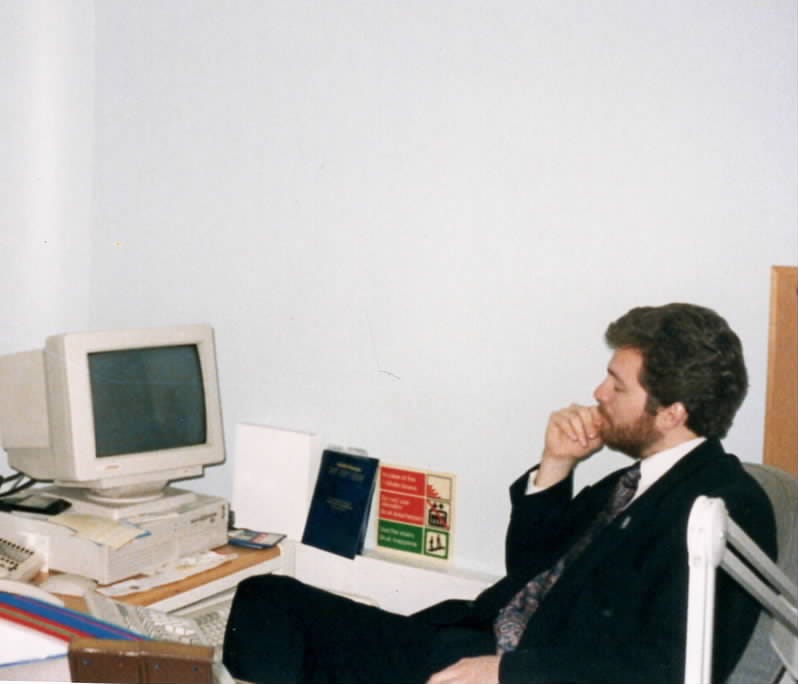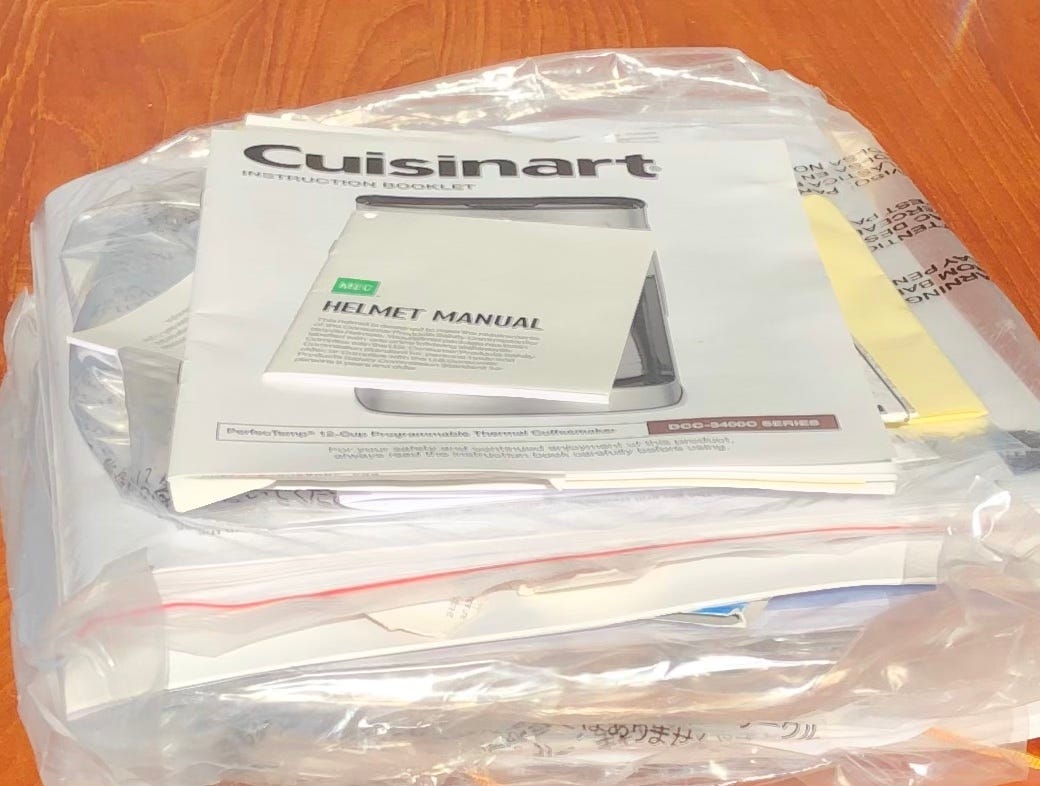Improve compliance, shred the binder
Replacing dust-collecting binders with action-prompting questions.

“If a franchisee calls you and asks for guidance, you have three options. Transfer the call to the Franchise Support Director, transfer the call to the Legal Dept., or hang up.”
Loosely put, those were my instructions when the European hotel company I worked for, first started signing up franchise partners in the mid-1990s.
Until then, we had owned and operated most of the hotels in the small but growing chain. Franchising led to an immediate, explosive growth. In my role overseeing corporate safety and security, we were told not to provide the same guidance and support to franchisees that we did to our managed hotels.
It was a liability issue, I was told. It’s also one of the little-known facts about the hotel industry. The brand name on the door doesn’t tell the whole story about the support that the property may, or may not, receive from the corporate centre.
It was frustrating.
Through experience and operations, we had built up a good deal of expertise on safety and security matters, yet we couldn’t freely share them with hotels that shared our name.
When someone says “no” to something I’m passionate about, I try to reason why they’re saying no. I was certain our corporate leadership didn’t think that the expertise we had was useless, or couldn’t be of value to our franchise hotels, that were often small properties with limited internal expertise and limited ability to access external expertise.
The first workaround we found was to scrap the safety and security manual that was provided to all our managed hotels, and none of our franchisees.
Well, to be clear, we kept the contents and scrapped the title. It was first rebranded to the “Emergency Management Binder” and later to the “Risk Management Binder”.
There were a few other significant changes as well.
What had been required templates for policies and procedures and operational standards for hotels to follow in the manual, were slightly re-written to become examples of how some hotels in the company met a given objective.
Above each of the former policies, procedures, and standards, we added three simple yes/no questions that hotel managers could ask themselves.
E.g.: “Does your hotel have a policy for protecting guest identity?” might be the lead in to a section on ensuring guest identity was kept safe and not revealed to unauthorised persons.
If a hotel didn’t have a policy, procedure, or standard, they could see the example.
The other significant change of course was that the binder opened with a disclaimer explaining that the examples were examples only, and that hotels needed to ensure that any use they made of them complied with local regulations and could be applied to their property’s operation and organization. It also mentioned that the binder was a support tool for each hotel to use and that the company didn’t endorse or recommend the specifics in each example. They were simply examples to help hotels develop policies and procedures that met their specific requirements.
With leadership approval, the binders were sent to every property. Where in managed hotels most of them replaced the manuals that were collecting dust on shelves in offices and in franchised hotels, they started collecting dust on the shelves they were placed on.
The company was happy because it could document that by providing these thick binders, they provided much more support to franchisees than previously.

Next, one of our larger franchisees came to us with an idea. If we provided content to hotel risk management practices, they would provide access to their online risk management tool.
Game changer!
It took time and many modifications, but we ended up with a system that every hotel that flew one of our flags around the world had access to. Questions were sent to hotels in batches over the course of a year. Each question was accompanied by a one-click link to the relevant examples in an online library. Questions and examples were updated annually.
The brand owners told us that in certain countries if more than 20% of the franchisees accessed the system, they would consider it a success. After year one, over 60% had accessed it! The brand owning company couldn’t believe it.
Security-conscious corporate clients said knowing that all of our properties had access to a global risk management system increased their trust in us.
A few months after launch, I received a phone call from a franchise General Manager, asking about this system someone had told him about.
“Didn’t you get the email?”, I asked.
“Well, it came from corporate, so I probably just deleted it.”, he honestly admitted. I sent him a new link and he regularly used the platform.
The General Manager of a managed property phoned me and said, “Some of the examples in this new system are excellent. Can we just download them, translate them, and use them in our hotel?”
“Yes, as long as you adapt them and ensure they comply with your local regulations and internal organization.”, I replied. I didn’t have the heart to tell him he could have found them if he’d opened the binder that I knew was on the shelf right behind the desk he was sitting at.
Looking at the way many hotels still operate today, I find myself wondering how many other areas of the operation would benefit by implementing similar systems to take policy, procedure, handbooks, and standards from being simple dust-collecting documents, to easily implemented ways of working designed to drive operational excellence.
Thanks for reading our newsletter!
We help hospitality businesses make jobs more meaningful and experiences more memorable by helping you make the most of the biggest differentiator you have – your people!
Let’s connect and discuss how we can help you ditch the script and train to retain.
Stay safe, Always Care




Good story! Still some areas which can be handled smarter and in the same way!